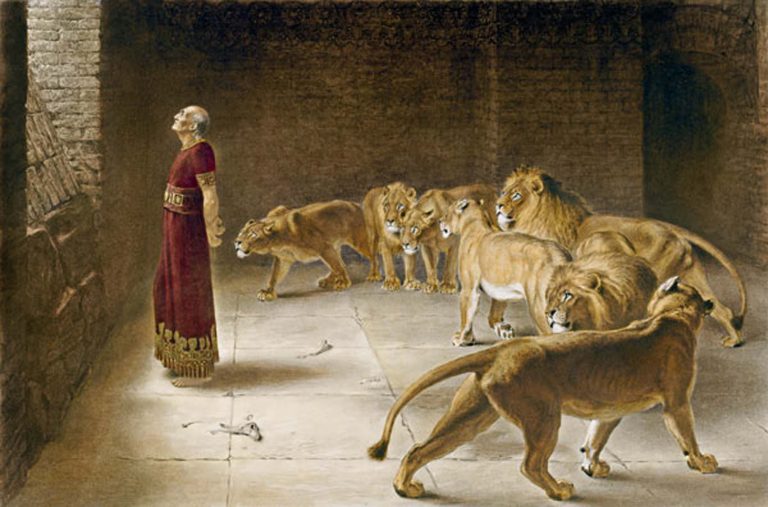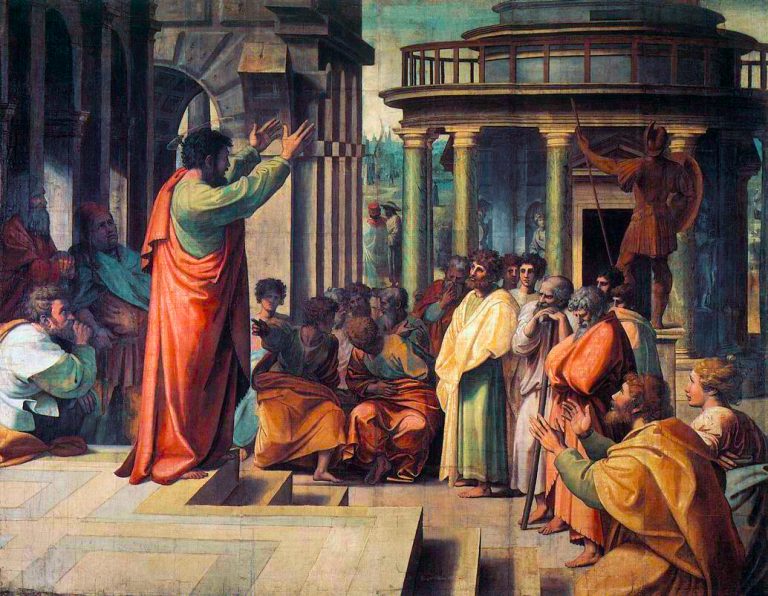Col 3; 9-11
“Put to death, then, the parts of you that are earthly:
immorality, impurity, passion, evil desire,
and the greed that is idolatry.
Stop lying to one another,
since you have taken off the old self with its practices
and have put on the new self,
which is being renewed, for knowledge,
in the image of its creator.
Here there is not Greek and Jew,
circumcision and uncircumcision,
barbarian, Scythian, slave, free;
but Christ is all and in all”.
The odd thing is in the next to the last line: “barbarian, Scythian”. It is inserted among opposites, “Greek/Jew, circumcision/uncircumcision, barbarian/Scythian, slave/free”. So, we may reasonably infer that barbarians are the opposite of Scythians, who are the opposite of barbarians.
Scythians are the root of many peoples in Europe, including the Saxons and other tribes. We know they are the opposite of “barbarians”, since it is no less an authority than St. Paul, himself, an expert on the peoples he evangelized, who us that they are the opposite of “barbarians”. One way they can be the opposite of “barbarians” is to be descended from the dispossessed Ten Northern Hebrew Tribes who were deported into the North in 720 B.C.
We do know that the Khazars converted, en masse, to Judaism around 780 B.C. There were similarities between their them and the Jews. Recently, it’s been discovered that Ashkanezi Jews, descended from the Khazars who we may, for the sake of argument, assume came from one or more of the Ten Northern Tribes, have some genetic similarities to the Shephardic Jews whose origins are in the two Southern Tribes.
It’s not unreasonable to assume that early Europeans, like the Goths, are descended from one or more of the Ten Northern Tribes who moved west after their enforced relocation. It’s not hard to consider that our European ancestors were, in fact, the Lost Tribes. If we’re Christians today, we are theologically the “Found Tribes”.
We are, some Catholic Fundamentalists believe, being sent a profound message across the ages by the juxtaposition of “barbarian/Scythian” in the passage above. When we consider who is sending that message, it becomes especially important.








